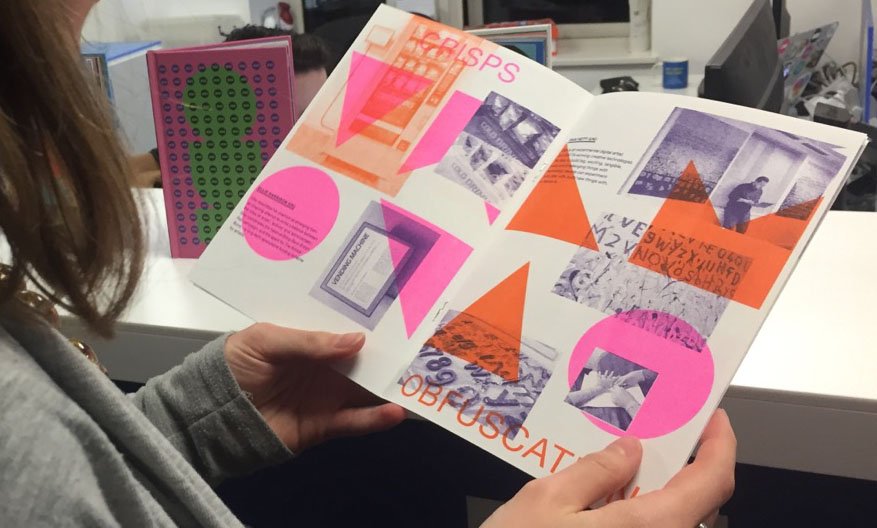On Jan 23rd, we ran the Data and Storytelling Workshop at the ODI HQ in London, which explored how data can drive stories in a so-called “post-truth environment”, and gather together the partners of the Data Stories project. At the workshop, we had a number of interesting talks from partners of the project and beyond:
Jeni Tennison of the ODI introduced the workshop, and Elena Simperl of the University of Southampton gave an overview of the aims of the Data Stories and They Buy For You projects.
Les Carr, also from the University of Southampton, presented his work on Current Data Sharing Practices, examining how people communicate data over the web and social media.
Julie Freeman and Hannah Redler introduced the ODI’s Data as Culture project, which aims to engage diverse audiences with artists and works that use data as an art material, and gave us a tour of the LMAO Exhibition.

Ingrid Koehler, from the Local Government Information Unit, presented her work on Council Data: the Personal and the Political, and how data can be used to fill in the gaps in narrative in local elections and domiciliary care.
Tony Hirst, “open public data and data journalism tinkerer” and Michael Smethurst from the Parliamentary Digital Service gave us a talk on Reproducible Research, looking at using Binder to explore parliamentary data.
Maeve McClenaghan from The Bureau Local spoke about how The Bureau uses local networks of journalists, data technicians and civic activists to draw together data to build a national picture, and then re-distribute the story locally, with local context.
Shauna Concannon from the University of York presented a talk on Perspective Media: Personalised Video Storytelling for Data Engagement, and how personalised multimedia can be used to present data in a novel and engaging form.
Laura Kösten and Emilia Kacprzak, two PhD students at the University of Southampton, based at the ODI, took us through some of the findings of WDAqua, a project examining how questions can be answered using web data.
Ian Makgill, from Spend Network (and OpenOpps) spoke about the recent collapse of Carillion, and why making data about public procurement transparent is increasingly important.
And last, but certainly not least, Justin Murphy, also from the University of Southampton, presented some initial findings from his upcoming work on Classifying Data-Driven Messages, looking at how machine learning can be used to identify data being shared on the web.
This event stimulated a lot of lively discussion on how best data can be used to inform meaningful narratives, and vice versa. We must of course say a big thank you to the ODI, and to Olivier Thereaux, for hosting a fantastic event, and we are looking forward to working closely with the ODI, and the other attendees, in future.


